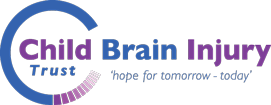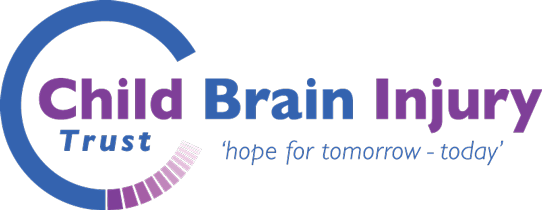The Acquired Brain Injury Working Group in Northern Ireland has launched their first credit card size information booklet on mild brain injury. The credit card entitled ‘R.I.S.K.S’ aims to raise awareness of the dos and don’ts following a mild concussion or injury to the brain.
‘Know the R.I.S.K.S’ is an acronym stressing what to do after suffering an injury to the head:
R – Rest and avoid stressful situations
I – Inform others who can keep an eye on your condition
S – Signs and symptoms
K – Know what to do if you have persistent problems
S – Seek medical help if in any doubt
It came to the group’s attention after recent stories in the media surrounding sports concussions that perhaps members of the general public do not know what to do following a mild brain injury. The card goes into details about when it is important to contact a doctor or go to the hospital. It also points out the need to inform someone else when you sustain an injury to your head.
The official launch for the R.I.S.K.S credit card was on Monday 12th May at the Total Mobile offices. In attendance were members of the Northern Ireland Health and Social Care Board.

The cards will be distributed throughout Action for Brain Injury Week and on an ongoing basis.
Monday also marks the start of ‘Hack Day’ organised by Total Mobile. The company has invited 15 software developers to their offices to work together to develop an application using the information from the R.I.S.K.S card.
Gayle Baird from the Child Brain Injury Trust also attended the launch event which took place during ‘Hack Day’:
“15 local developers responded to social media requests by Belfast Company Total Mobile to take part in a Hack Event to write a mild brain injury mobile app than provide advice to people across Northern Ireland. It was great to see so many people engaged in our work and getting to understand mild brain injury. We hope to have the final application ready to launch later in the year.”
For more information on mild head injury and acquired brain injury, please do not hesitate to contact our National Helpline 0303 303 2248.


